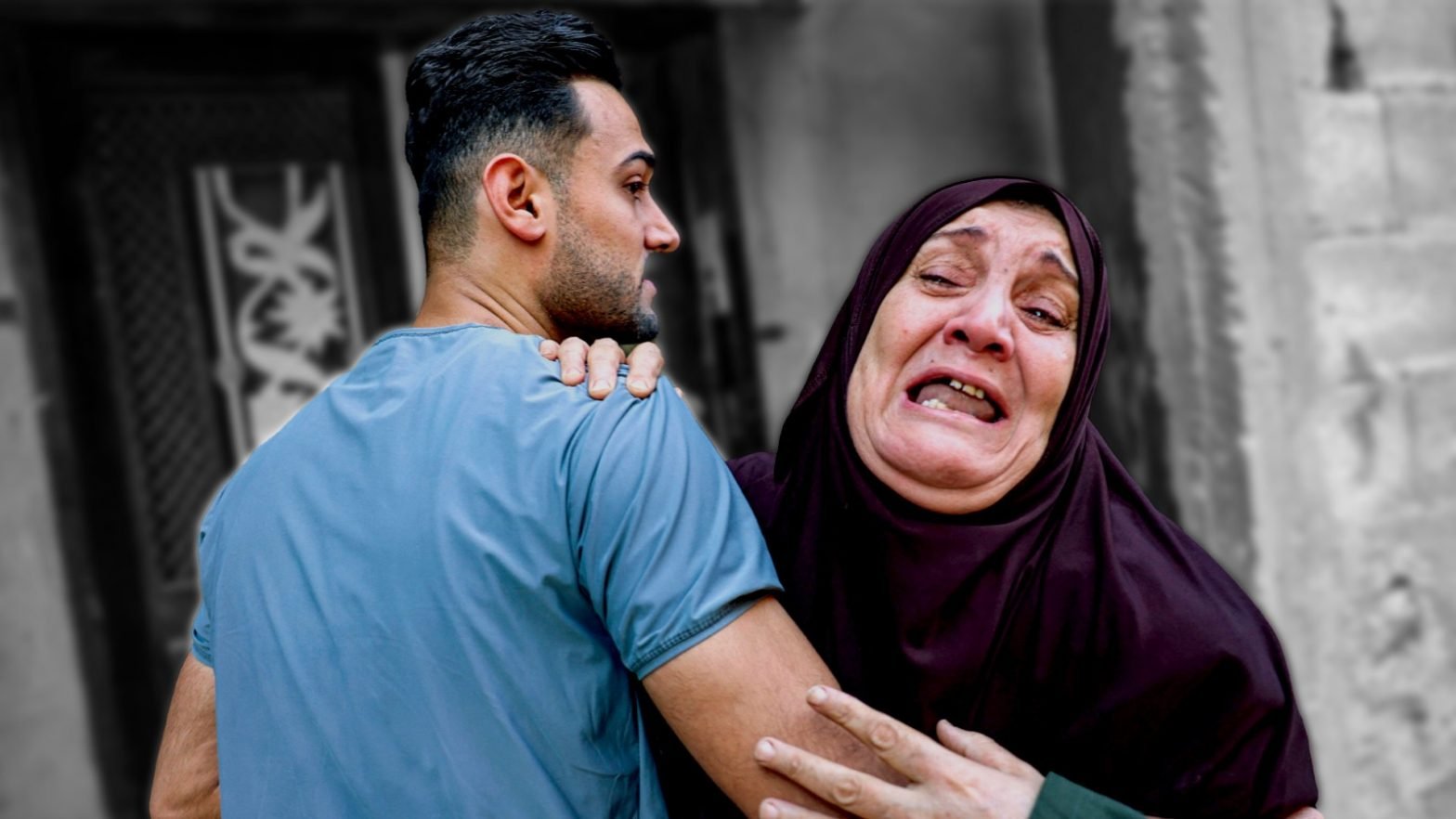


NEW DELHI: In the quiet halls of the International Court of Justice (ICJ), the world awaited a landmark ruling in the case South Africa had brought against Israel over alleged genocidal acts in Gaza. The courtroom buzzed with anticipation, as this case stirred global interest and put the spotlight on the age-old conflict in the Middle East.
The ICJ’s decision was not about determining whether Israel was committing genocide, but rather focused on the imposition of emergency orders, termed as “provisional measures.” Juliette McIntyre, a lecturer in international law at the University of South Australia, explained that at this stage, South Africa only needed to establish a plausible risk of genocide occurring.
The roots of the conflict traced back to October 7 when an unprecedented attack by Hamas on Israel left around 1,140 people dead, mostly civilians. Israel responded with a relentless military campaign that claimed the lives of at least 25,900 people, with about 70 per cent being women, children, and adolescents, according to the Hamas government’s health ministry.
Also Read: EXCLUSIVE | UN Women, vapid apologists of sexual Jihad, should be replaced: Israel Deputy Ambassador
The court’s decision rested on whether it would grant the nine orders requested by South Africa. These included an immediate suspension of military activity and facilitating more humanitarian access. Cecily Rose, an Assistant Professor of Public International Law at Leiden University, suggested that the court might choose to grant, deny, or partially grant some of the requested measures. The possibility of the court approving certain measures seemed plausible, AFP reported.
If the court ruled against Israel, it meant acknowledging a plausible risk of genocide, not the actual occurrence. The significance of the ruling lay in its potential ripple effects. Regardless of Israel’s response, the case would progress to the “merits” stage, where the court would delve into whether Israel was indeed committing genocide in Gaza.
Israel’s Prime Minister Benjamin Netanyahu’s hinted reluctance to abide by the ICJ ruling raised questions about its enforceability. Despite the binding nature of ICJ rulings, enforcement mechanisms were limited. However, the ruling would create an important historical record with potential impacts on future negotiations and global perceptions of Israel.
Also Read: EXCLUSIVE | Iran’s shiite foxes leader of this evil axis: Former IDF chief on Israel-Hamas war
The basis for South Africa initiating the case lay in the fact that both nations were parties to the UN Genocide Convention. The submission underscored the significant responsibility involved in accusing Israel, taking into account the historical backdrop of the Holocaust. It also highlighted Israel’s obligation as a signatory to prevent genocide, irrespective of the circumstances.
South Africa’s long-standing support for the Palestinian cause, intertwined with its own struggle against apartheid, motivated the legal action against Israel. The ANC’s commitment to the cause had led to diplomatic tensions and severed ties between the two nations in the past.
Also Read: Could mounting Ethiopia-Somalia tensions trigger unrest in Horn of Africa?
The case at the ICJ was distinct from the International Criminal Court (ICC), which investigates war crimes by individuals. While ICC chief prosecutor Karim Khan initiated an investigation into events in Gaza, the ICJ focused on disputes between countries.
The UN also sought an advisory opinion from the ICJ on the legal consequences of Israel’s actions in the Palestinian Territories, expanding the legal scrutiny beyond individual war crimes.